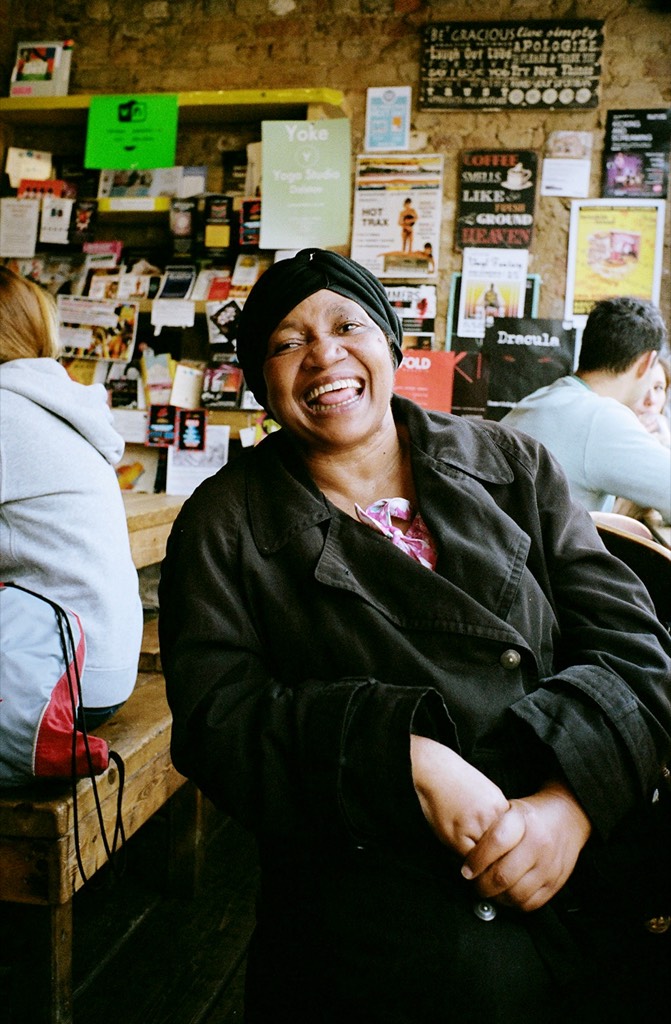Pauline Wiltshire
[This audio was recorded at an event celebrating the project A Hackney Autobiography: Remembering Centerprise.]
Judy Joseph: I had the privilege of interviewing Pauline so I am very pleased to be able to read this on her behalf. [Reading Pauline’s text] Because I came to the UK I had the opportunity to write about my experiences in three books, which I hope has helped others and a generation to come to understand how it was living as a disabled person back then. In Jamaica I was not happy and I had to face many difficulties … One thing that I was glad of was when my mother brought me to this country, England, I was so glad that I could get a chance to write books for future generations to learn by reading about my life. I’m also glad that other people who have disabilities can learn what I have been through and written about. Hackney has done a lot for me and England gave me the opportunities that I might never have had in Jamaica. And I can leave a legacy of struggle and learning which is recorded in more detail in my books. So I can show people that I can live on my own, and travel by myself and work independent of other people. I knew that if I had just grown up with my mum, dependant upon her I would not have had such a life and find the courage to speak out and write about my experiences. [Applause].
In this interview Pauline Wiltshire talks about her life, commencing with her childhood and early adulthood in Jamaica. Born with multiple disabilities, her extraordinary determination to prove, ‘I am not stupid’ was in part fostered by the troubled relationship she had with her biological mother. This motivated her to write her life story after arriving in the UK: because ‘the only way people get over anything is to write about it.’ She went to Centerprise to seek help with her writing in 1980, four years after arriving in the UK. In a period where the disabled had little rights, her encounters with employers and government departments over entitlements and equality were many. Tenacious and hardworking, she strove for her independence, taking on a variety of jobs, frequently holding down one or more at the same time. Her struggle to have her voice heard continued during her time at Centerprise and while writing her autobiographical book Living and Winning. Pauline continued to write, publishing poems in an anthology of Black writing Not All Roses produced by Centerprise and has more recently published a second autobiography, Legs of Iron. She also carried on visiting Centerprise, spending most of her time in the café where her friend, Erita Crawford, worked. She appreciated it because of the variety of things you could do there and the diversity of the people who used it. She doesn’t think there is anywhere like it today.
Interviewed by Judy Joseph.




